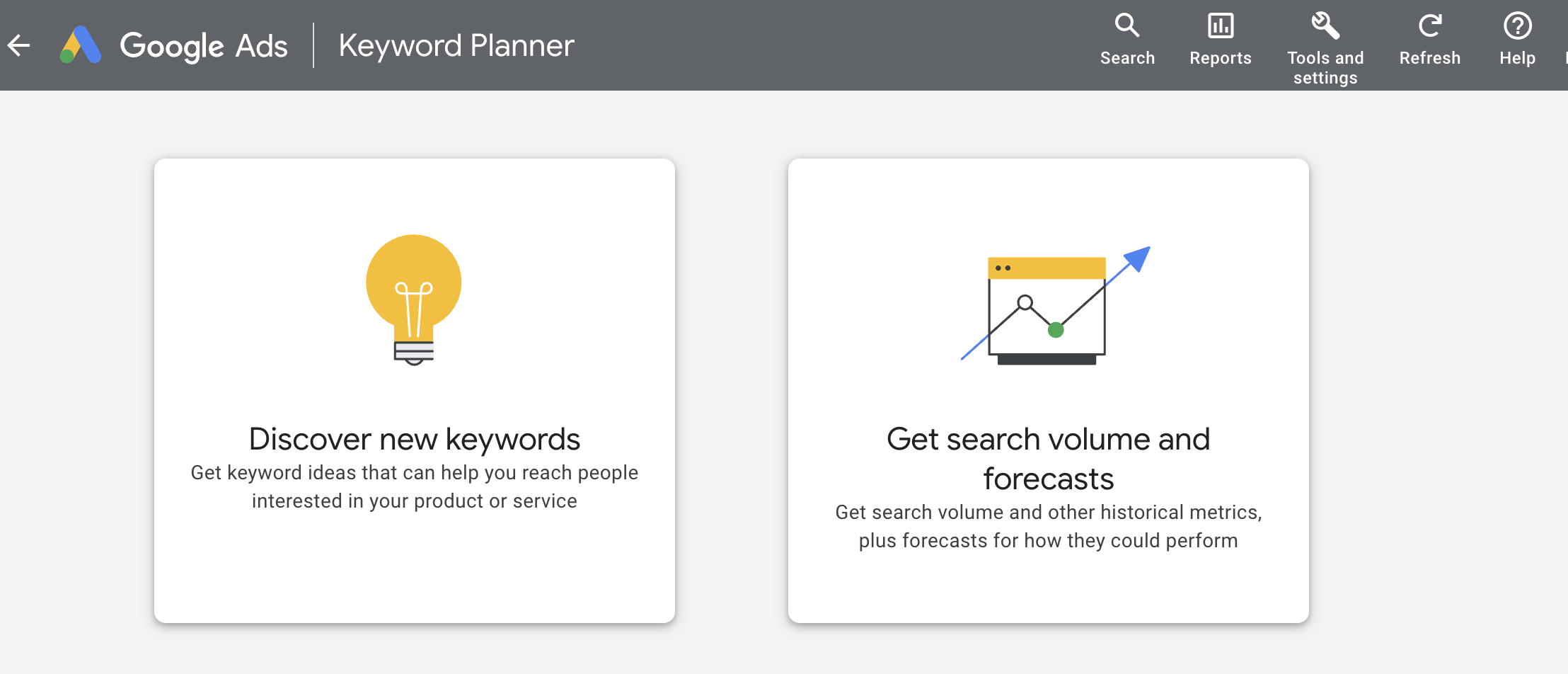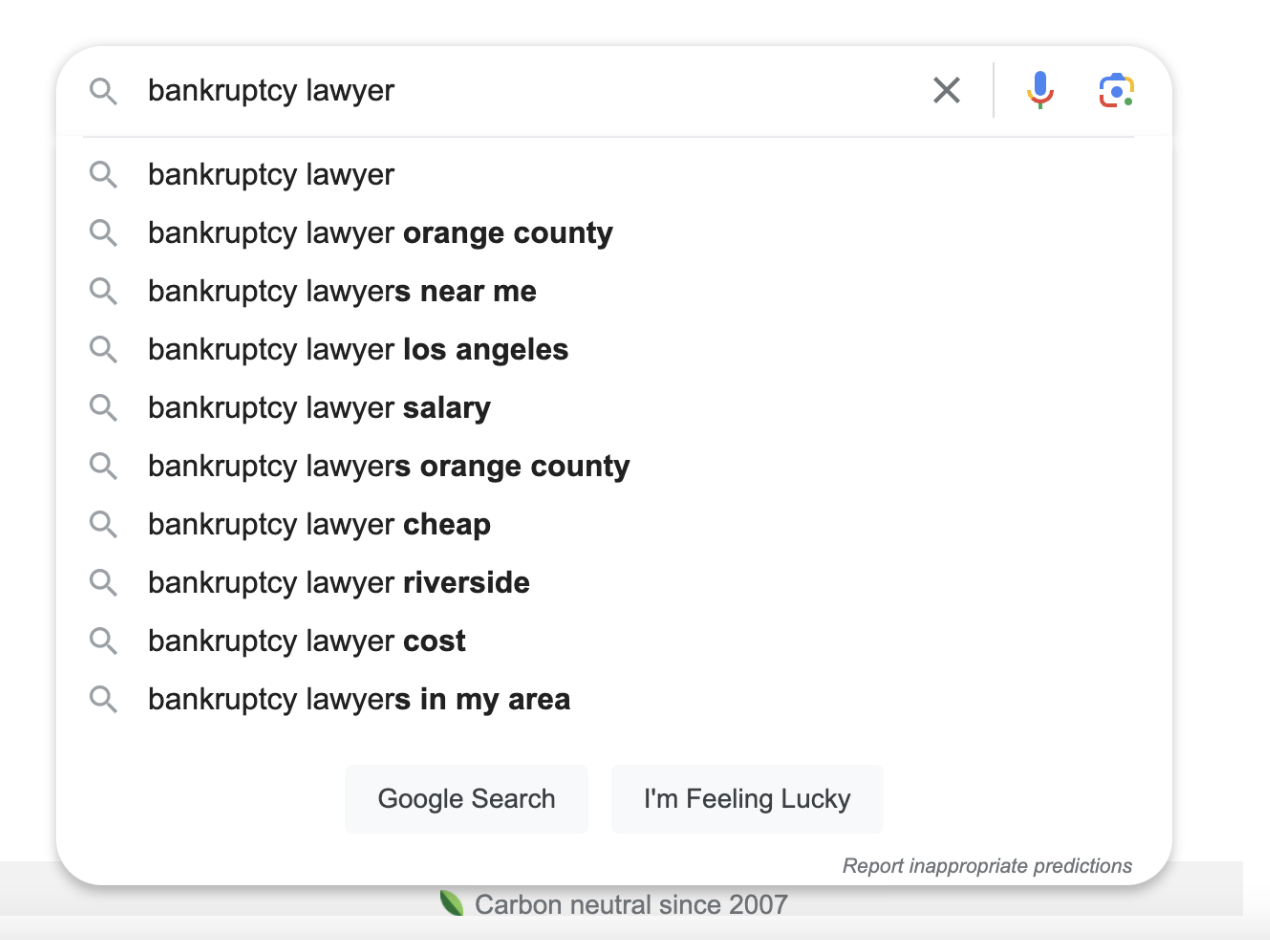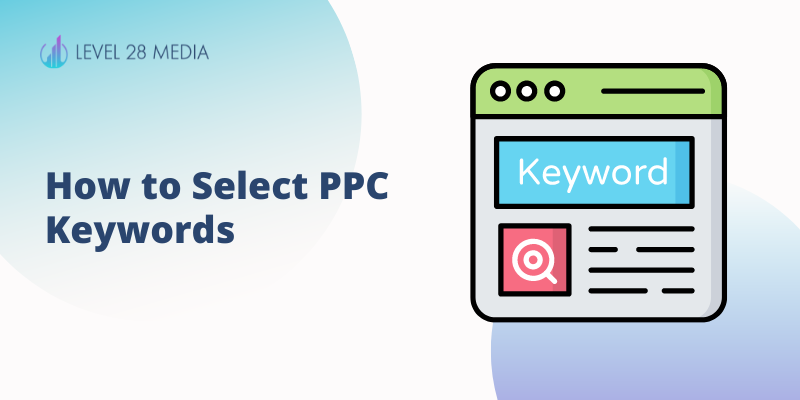Selecting the right keywords is crucial for the success of your Pay-Per-Click (PPC) campaigns. You can reach your desired audience and generate valuable leads by targeting the appropriate keywords.
However, it can be an intimidating part of the PPC campaign setup process.
In this article, we will discuss the importance of keyword selection and share tips on how to choose the most effective keywords.
Before You Get Started with Selecting Keywords…
It’s critical that you do your homework before jumping into keyword selection. Do you understand your business goals and ideal customer profile? This information will anchor your entire PPC campaign.
You also need to understand what you are trying to achieve through your campaign. Keywords for brand awareness will differ from keywords geared for lead generation. Are you looking to get your brand out to the masses? Or are you looking to attract customers who are looking for a specific service that you offer?
If you understand who you are trying to reach and your end goal, it will make the keyword selection process less complicated and overall less overwhelming.
What Makes a Good Keyword?
There are hundreds upon hundreds of keywords you can choose from. But you’ll want to consider a few criteria before adding these keywords to your campaign.
- Decent search volume: if no one is searching for your keyword, then your ad will not be served. That’s why it’s critical to choose keywords with at least a minimum of 50 searches per month. Anything less will yield you low volume and minimal results.
- Appropriate keyword intent: Depending on your campaign goals, you’ll want to select keywords with the right intent that aligns with what your audience is looking for. For example, keywords like residential roofing contractor near me indicate that the searcher is ready for an estimate and consultation for their property. Shorter keywords like roofer or home roofing may be too broad and may attract people still researching (still not quite ready to buy).
- Competition level: Highly competitive keywords will cost you more money. It’s important to balance the level of competition with search volume and intent to find the right keywords for your budget. If highly competitive keywords are the most relevant to your campaign, then you’ll need to take another look at your budget and see if it’s enough.
How to Select Keywords for PPC
Once you establish your business goals and ideal customer profile, it’s time to select your keywords. There are a few different strategies and tools that you can use, some have more advantages than others.
Ask Your Potential Customers Directly
Not sure what search queries people are using to find your business? Ask your customers directly!
This is especially easy if you have a brick-and-mortar business or are a service-based business like a residential roofing or locksmith company. For customers that found you via search, ask what they typed in. The answers might surprise you!
If you are a business that is 100% online, it’s worthwhile to send out a survey to previous customers to learn more about their purchasing behavior. Tools like SurveyMonkey can help you quickly gather and analyze the data.
Google Keyword Planner
This is one of the most popular keyword research tools out there. It comes with the Google Ads platform and it’s 100% free! There are no usage limits or expensive upgrades.

Google Keyword Planners provides search volume data and additional keyword ideas and suggestions. It also gives you the ability to forecast the performance based on keywords you have chosen.
Be aware that thehe search volume provided isn’t always 100% accurate and it’s based purely on Google’s search engine. If you are looking to do Microsoft Bing ads, then it’s best to use their keyword research tool.
3rd Party Alternatives to Select PPC Keywords
If you want a more robust alternative to Google Keyword Planner, then you can check out Semrush, Spyfu, or Ahrefs.
These are more advanced alternatives and can be used for both PPC and SEO. For example, Semrush can share what keywords trigger competitor products to show up in Google Shopping results. It can also share organic ranking results.
With Spyfu, it can provide more information on every keyword your competitor has bought on Google Ads along with every organic rank and ad variation.
However, these 3rd party alternatives can be a lot more expensive depending on what features you need. You also need to keep in mind that the information may not be 100% accurate.
Google Auto Suggest
Google Auto Suggest is a great tool for showing popular variations of a keyword. And the best part? It’s another free tool!
All you need to do is type in the keyword you’d like variations for in Google’s search bar. Google will then show you variations and other keyword ideas based on what both users and Google finds relevant.

This can be helpful when you first start your campaign or if you are looking to expand your reach and improve performance with an established campaign.
Look at Competitor Websites (that have good SEO)
This is more of an advanced strategy, but there is a lot that you can unlock by scoping out a competitor’s website that has good SEO rankings
You’ll be able to see the keyword themes they may be ranking for to give you ideas of what keywords you may want to bid on within PPC. You could be missing out on keywords you didn’t think of. Additionally, you can view their page source and see what keywords they’re trying to rank for as well.
Just make sure any new keywords you select align with your campaign goals and ideal customer profile.
Selecting PPC Keywords Doesn’t Have to Be Intimidating
Remember, you don’t have to start out with over 50 keywords. Selecting keywords should be based on your PPC goals and fit within your monthly budget. You also don’t need to worry about keyword misspellings either because Google catches them in with their close variants.
Also, you aren’t tied down to the keywords you select. You can add and remove keywords as your campaign continues to evolve. It should be part of your monthly PPC maintenance tasks!

Michelle Kop is a marketing consultant and award-winning pay-per-click marketing strategist. She has over 8 years of professional paid advertising experience in Google and Microsoft Ads, with a specialization in lead generation for B2B and B2C companies.
After working in corporate marketing with Fortune Global 500 Brands like Toyota and BP, Michelle founded Level 28 Media, a lead generation micro-agency for small to medium businesses.


